Musawah’s Knowledge Building Initiative on Qiwamah and Wilayah is a pioneering effort to shed light on male authority within the Muslim legal tradition.
Our five-year initiative has focused on the juristic concepts of qiwamah and wilayah, traditionally seen as endorsing men’s authority over women. These concepts play a central role in upholding a patriarchal family model in Muslim contexts.
We believe that these disparities are at odds with the fundamental ethical principles of Islam, conflicting also with human rights principles, as well as ignoring the reality that men are not always able or willing to be providers and protectors of their families.
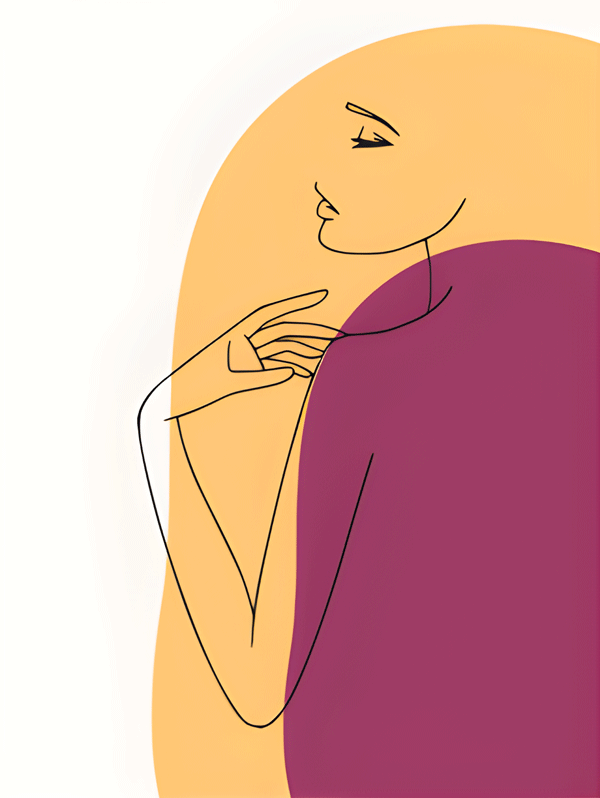
It's time to acknowledge that women frequently take on the roles of providers and protectors for their families.
Our initiative aims to demonstrate that laws rooted in outdated interpretations of qiwamah and wilayah, which place women under male authority, no longer align with the principles of justice (‘adl) within Islam. Alternative interpretations are not only possible but also more in line with human rights principles and the current lived experiences of Muslim families.
Why and how did verse 4:34, and not other verses in the Qur’an, become the foundation for the legal construction of marriage? Why are qiwamah and wilayah still the basis of gender relations in the imagination of modern-day jurists and Muslims who resist and denounce equality in marriage as alien to Islam? These are just some of the questions asked in our effort towards Decoding the “DNA of Patriarchy” in Muslim family laws.
Highlights of our Research Initiative
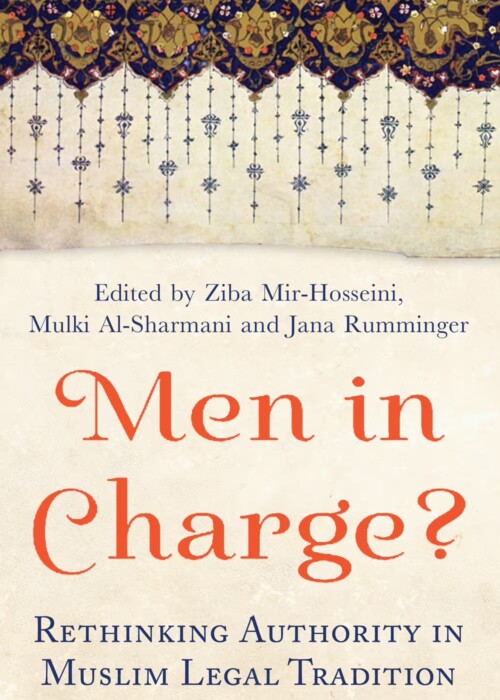
Described as “a valuable contribution” (Karyawan) and as carrying “immeasurable value for scholars and students of Islam, religion” (American Journal of Islam and Society), “Men in Charge? Rethinking Authority in Muslim Legal Tradition” is an essential addition to your bookshelf
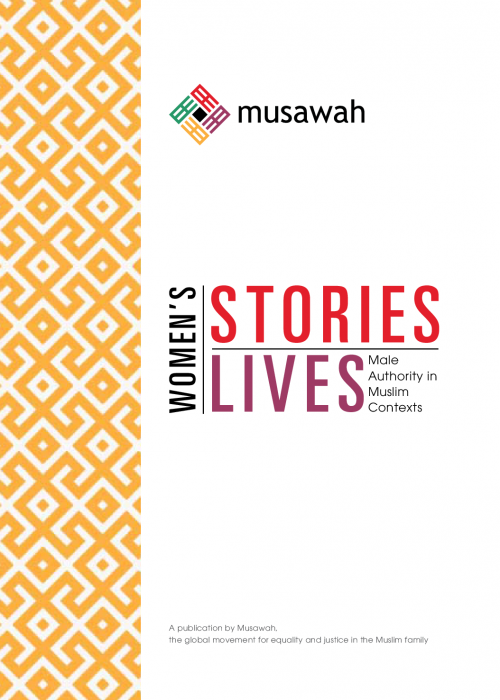
Through the Global Life Stories Project, we’ve documented the life stories of 55 women from nine different countries (Bangladesh, Canada, Egypt, Gambia, Indonesia, Iran, Malaysia, Nigeria, and the United Kingdom). This collection of stories provides valuable insights into the impact of male authority in Muslim contexts.
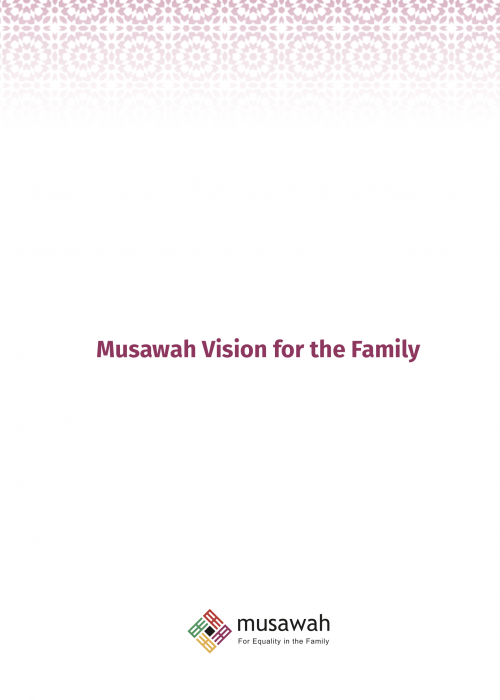
Musawah calls for family relationships in Muslim societies, in all their diversities and forms, to be grounded in Qur’anic values.. Read our comprehensive position paper on qiwamah and wilayah, outlining our vision for family dynamics rooted in justice and equality.
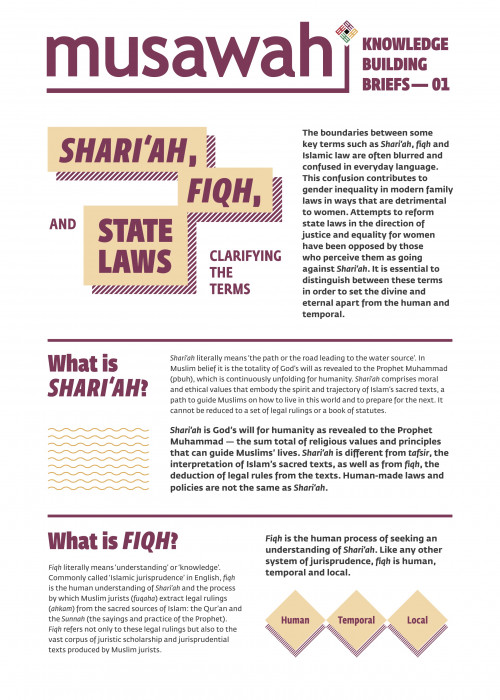
We’ve created four Knowledge Building Briefs covering essential topics, including Shari‘ah, Fiqh, reforms to Muslim family laws, gender equality in Islam, and CEDAW (Convention on the Elimination of All Forms of Discrimination Against Women).
Subscribe and Stay Updated
Join us in our journey to promote justice and equality in Muslim families. Together, we work for the advancement of human rights for women in Muslim contexts, in both their public and private lives. The time for equality and justice is now!
